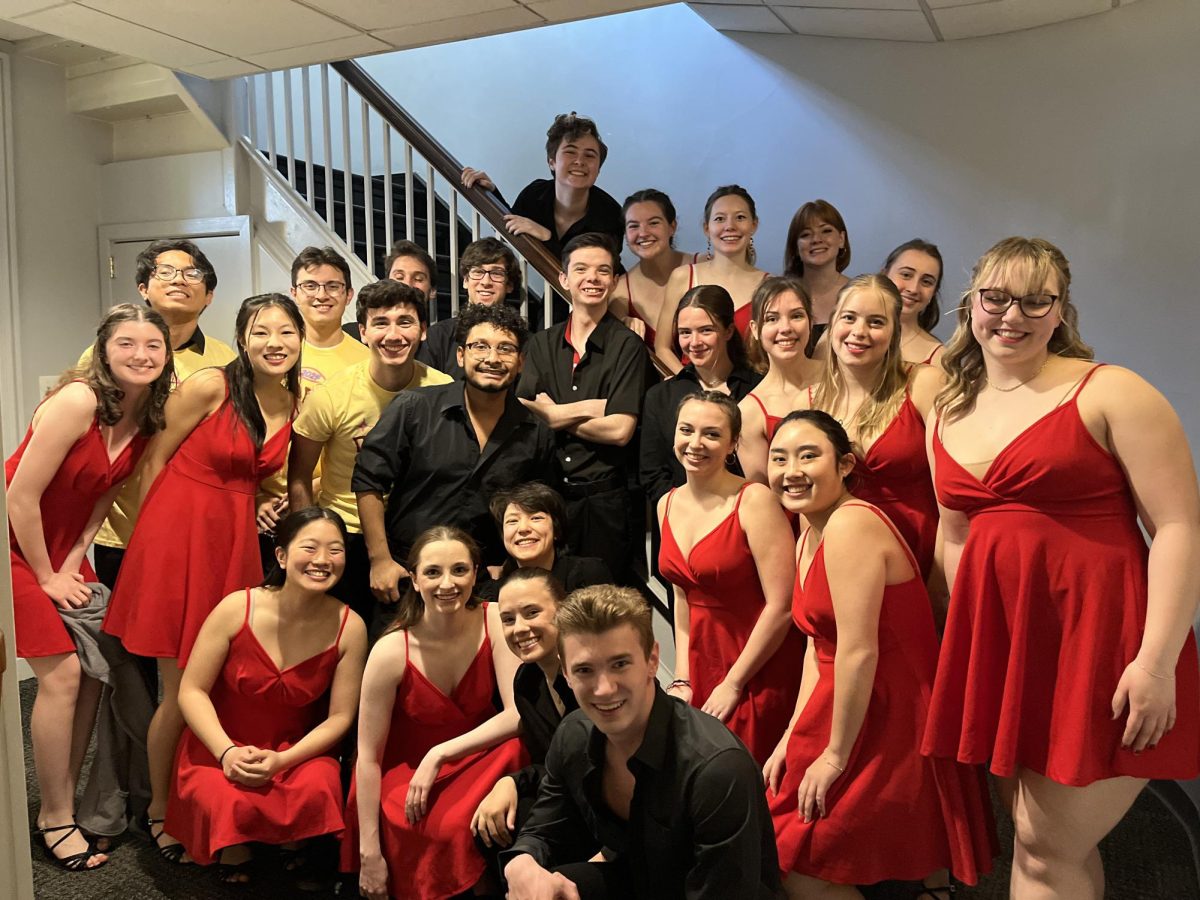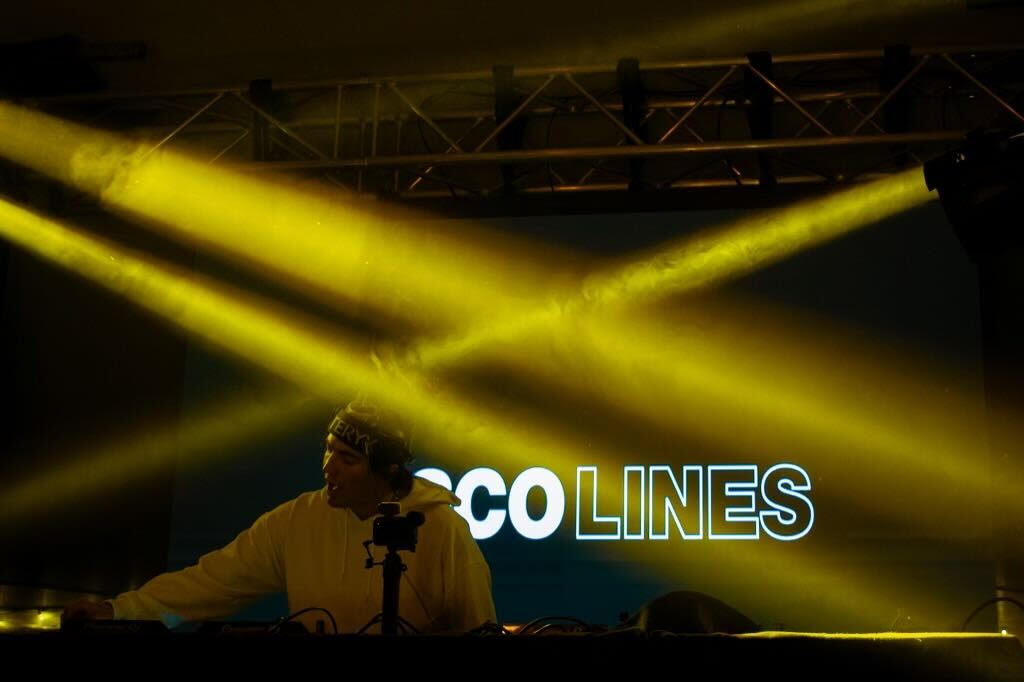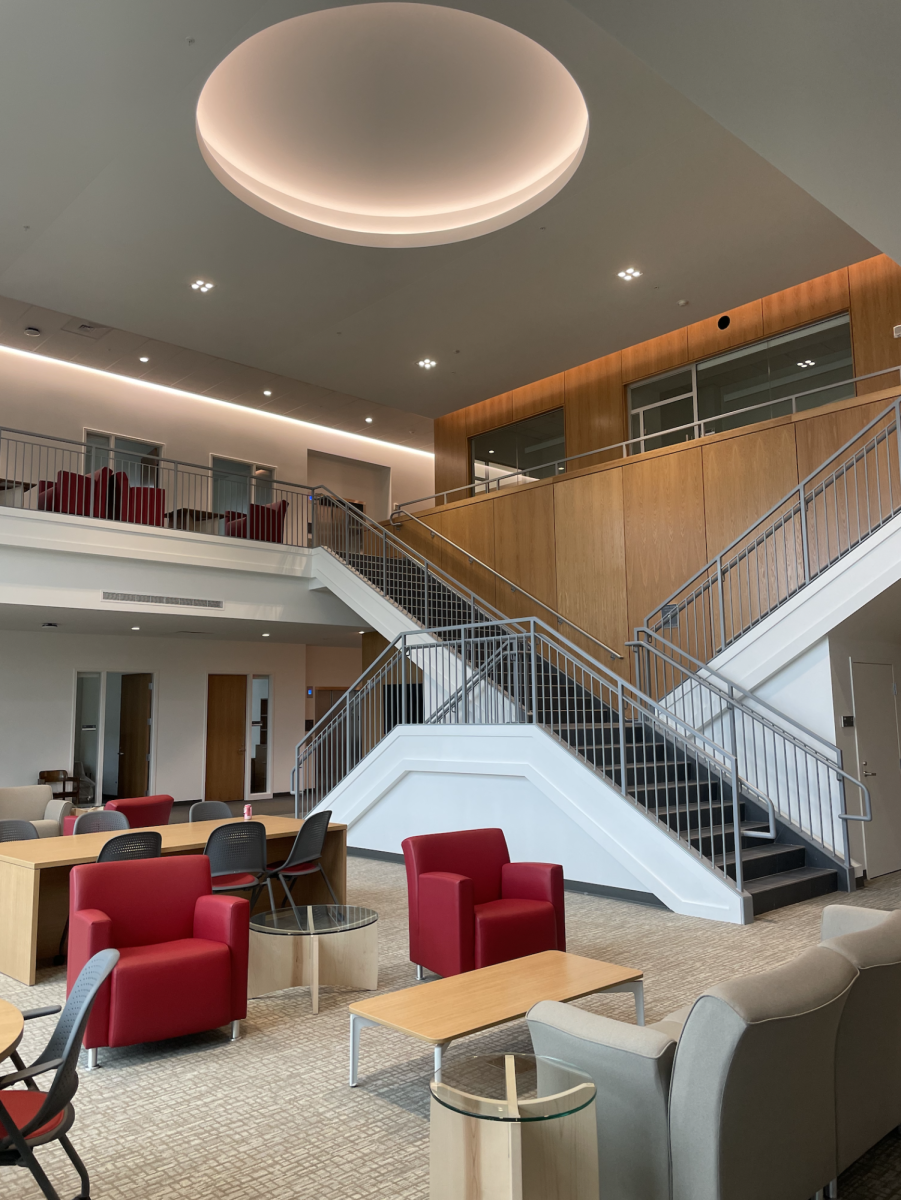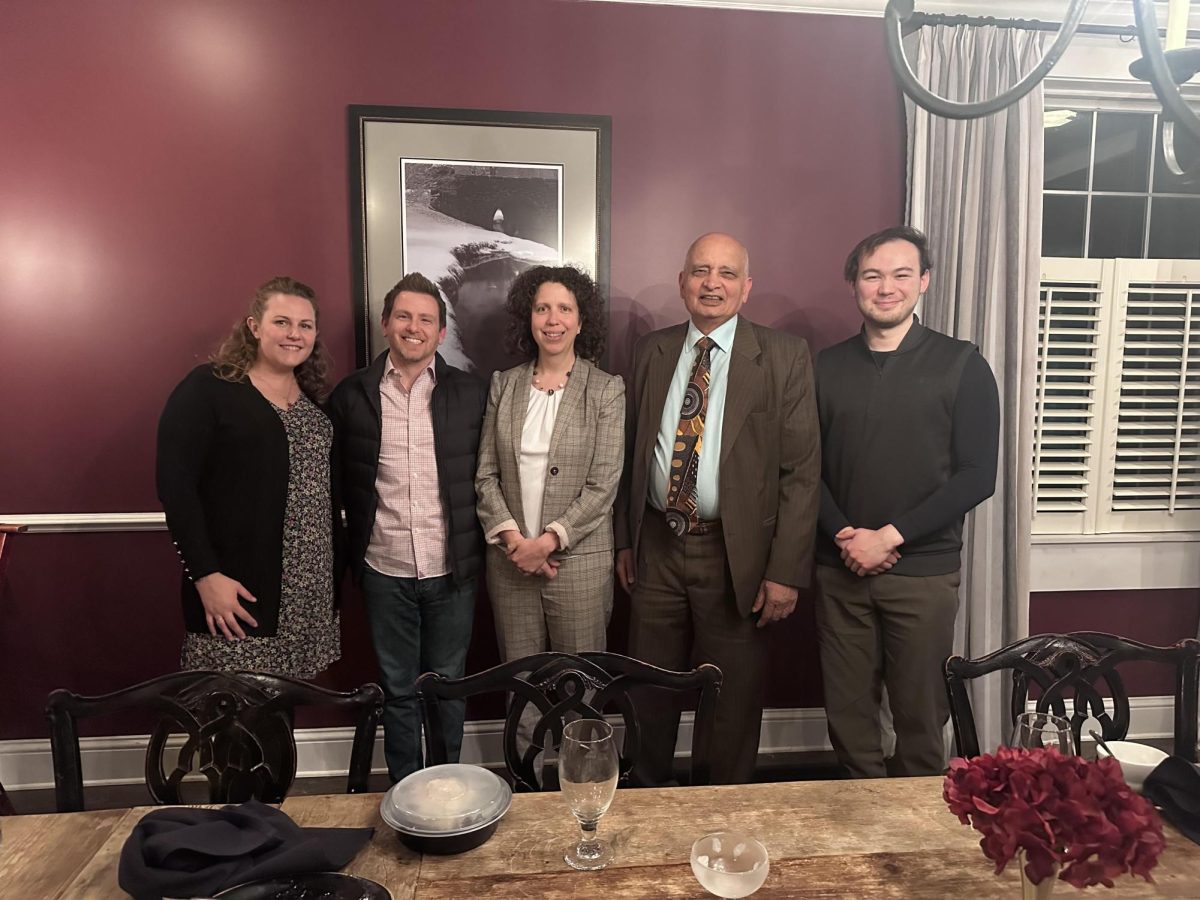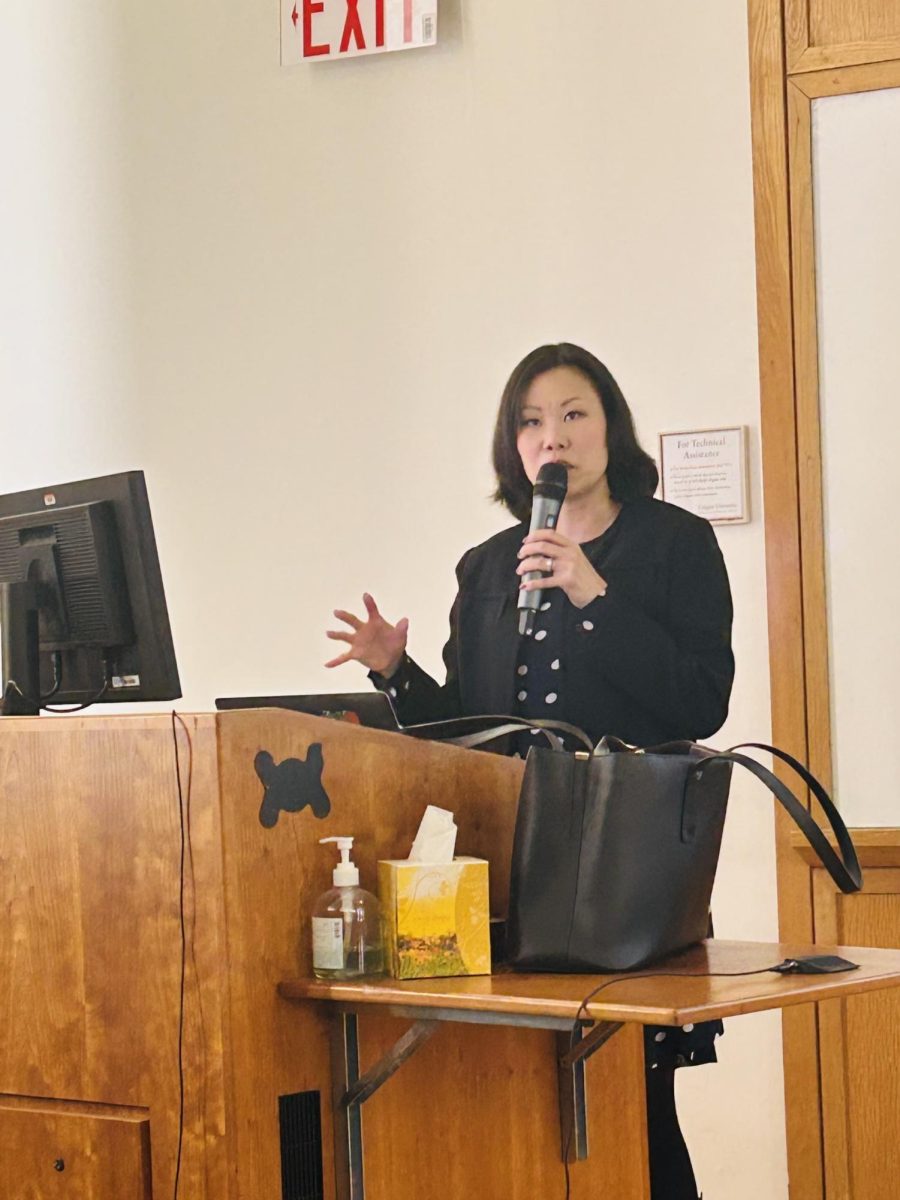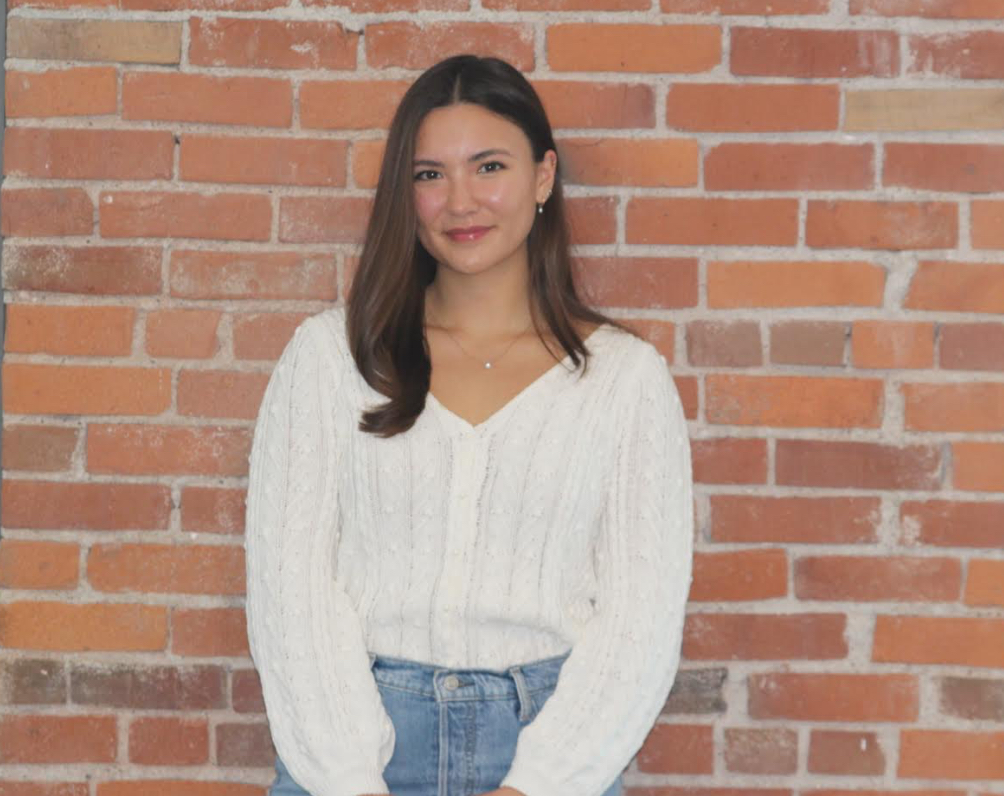The Colgate University ALANA Cultural Center and Haven hosted an event on “Vulnerabilities of Intersecting Identities” on Tuesday, April 23. The event was organized and facilitated by Colgate students, including juniors Fredy Alvarado-Retana, Vianey Morris and Chloe Dorris and first-year Mandy Chen. The conversation was open for all students to participate in, with discussion topics ranging from feelings of safety on campus amongst black, indigenous people of color (BIPOC) students at Colgate, to sexual harassment on campus and how one can seek resources.
Students at the talk discussed the importance of increased normalization when it comes to making Colgate’s campus safer for all students. The conversation explored the idea of tangible and diverse representation, in hopes of making a difference for increased feelings of safety on campus. This idea of representation could stem from normalizing conversations about topics that may feel uncomfortable.
Alvarado-Retana, an ALANA Cultural Center justice peer educator, shared his thoughts on why these conversations can be difficult.
“These conversations are not supposed to be comfortable because they are not something that we are all thinking about every day,” Alvarado-Retana said.
In the discussion, students agreed that the aforementioned conversations would be most impactful and efficient if facilitated by faculty trained in these areas, as this would lead to greater accountability and students would feel a stronger sense of structure to these important conversations.
The social justice peer educators introduced national statistics that they gathered in order to direct the conversation. They reported that 16 percent of black girls experience sexual abuse by the age of 18 and that 21 to 25 percent of Asian women report experiencing intimate or sexual violence in their lifetime. The student educators agreed that many of these statistics could be rooted in patriarchal effects of men conducting themselves differently around men versus women.
Assistant Director of Haven Nicole Blidy commented on this phenomenon.
“Men are socialized to behave differently around other young men than they are with young women, and that is also problematic,” Blidy said.
The facilitators of the discussion stressed the importance of knowing the difference between mandatory reporters and permissible reporters. On Colgate’s campus, certain figures of authority or people in positions to assist students are granted the title of either permissible or mandated reporters. A mandated reporter is one who is required to report instances shared between them and the student involved, whereas a permissible reporter is not required by law to report all situations, and therefore can maintain a level of anonymity for the student.
Morris, another social justice peer educator, further explained the difference between these kinds of reporters.
“Permissible reporters are more objective, and sometimes more guidance is needed than seeking help from someone your age,” Morris said.
Overall, the general consensus of those in attendance was that the concepts shared at the discussion should be more normalized across Colgate’s campus. The conversation steered towards modes of normalization and ways in which people could familiarize themselves with discussions of possibly uncomfortable topics.
Director of Haven Charm Little-Ray shared ideas on how to get to a certain level of comfort that could benefit Colgate’s campus as a whole.
“Start having conversations, even if it is just one person listening,” Little-Ray said.
The event allowed students to voice their opinions and come to collective solutions for both small and large endeavors that members of Colgate’s campus could take in order to cultivate a safer environment.





